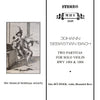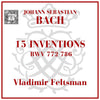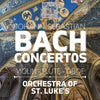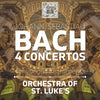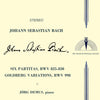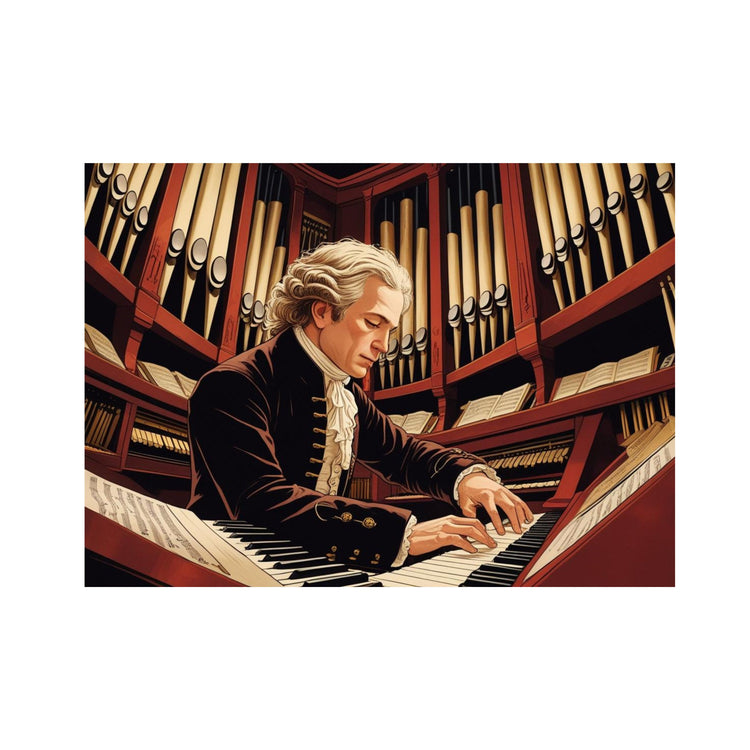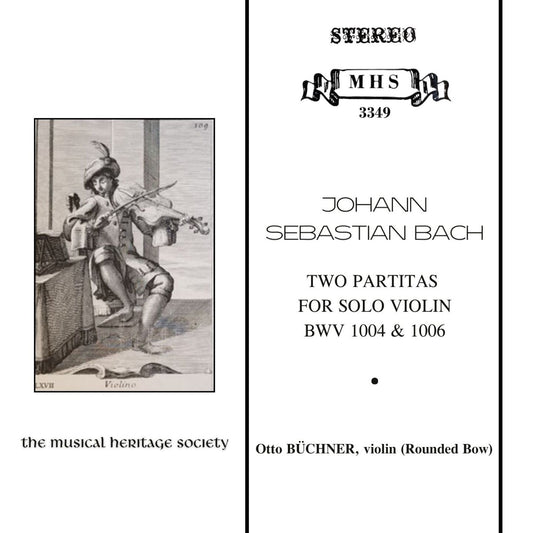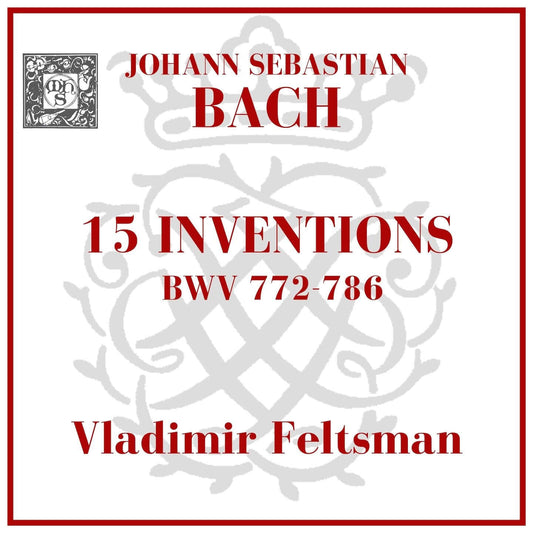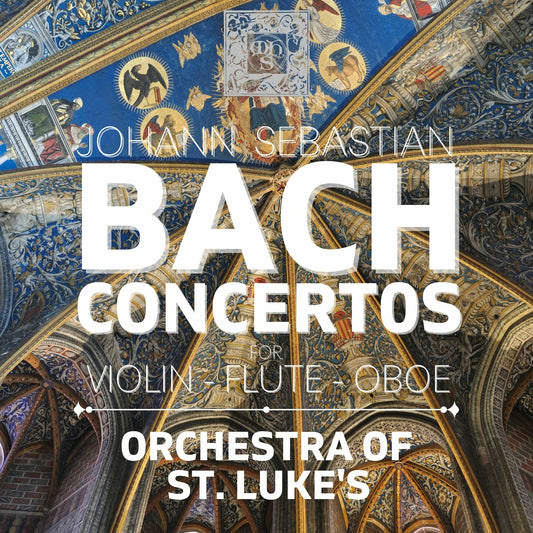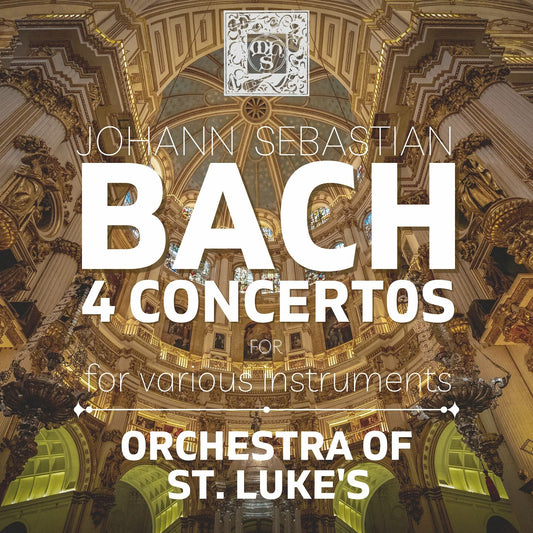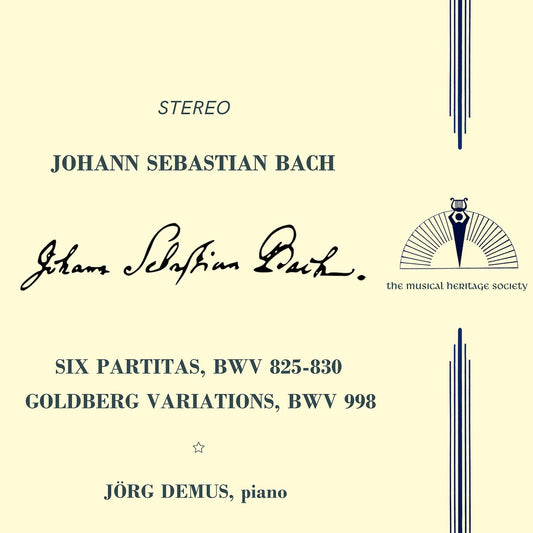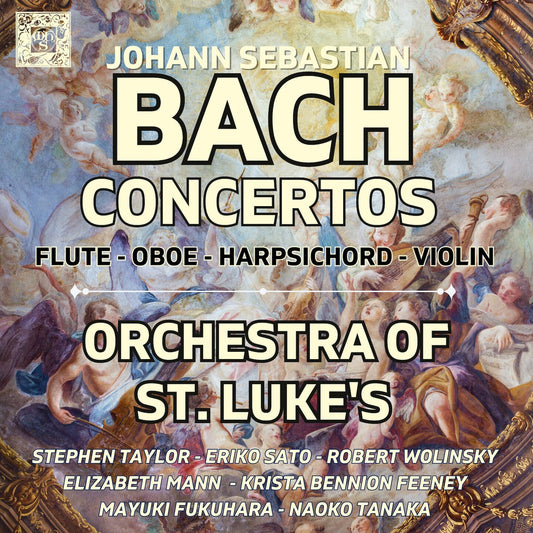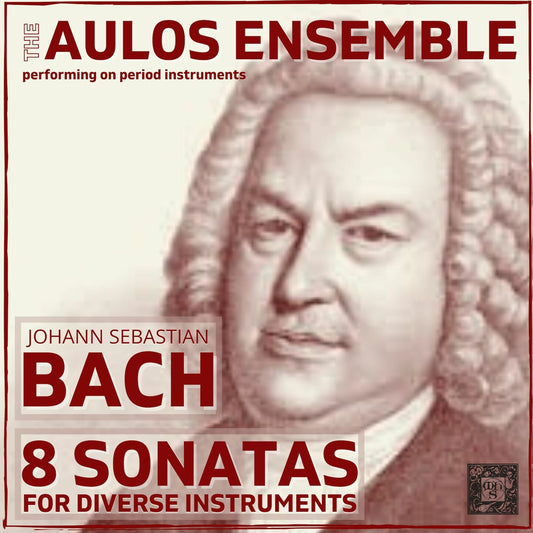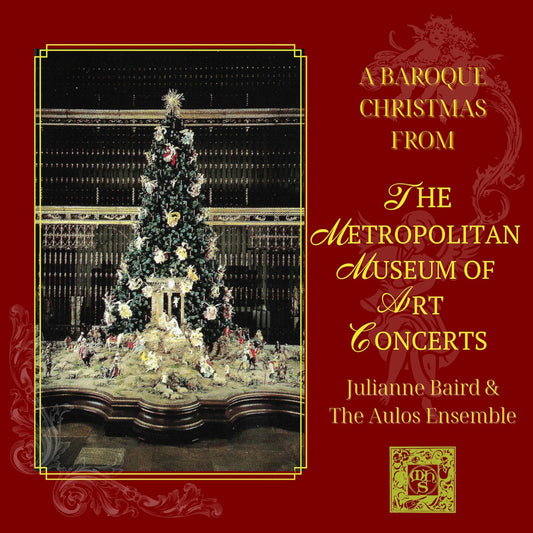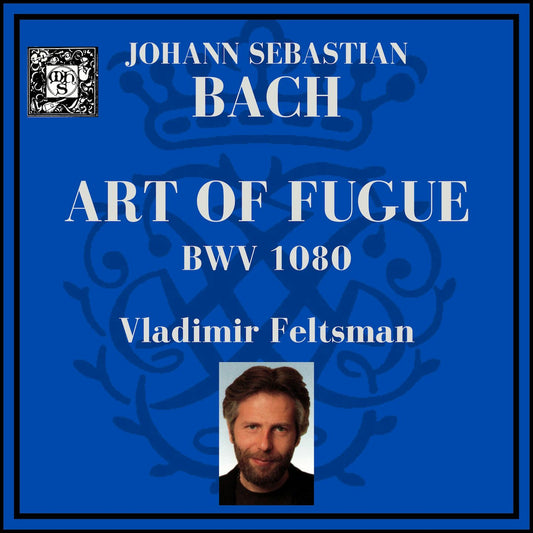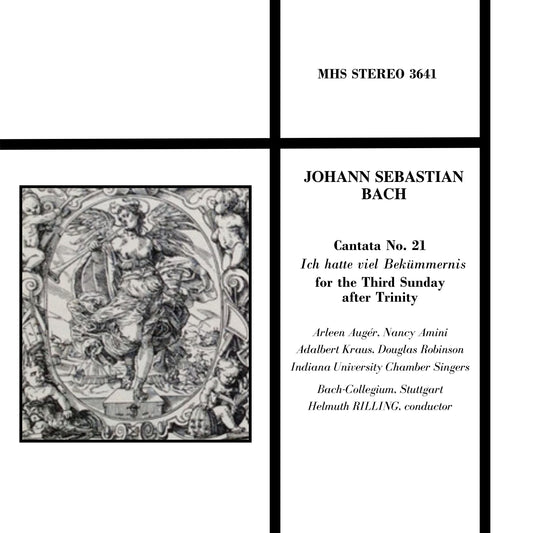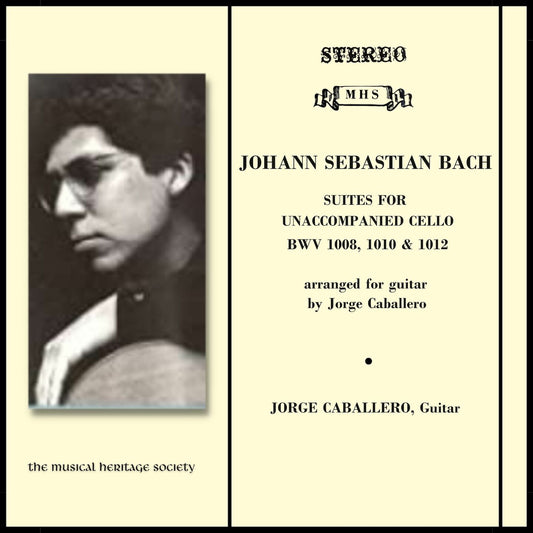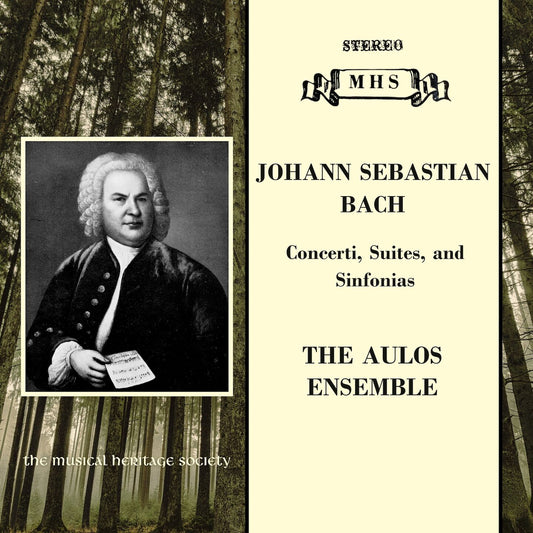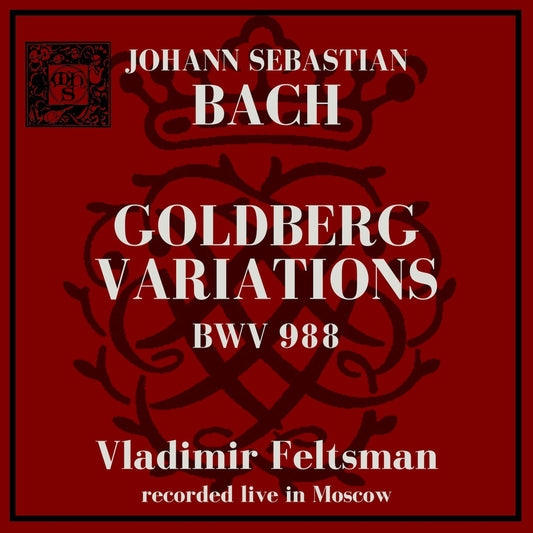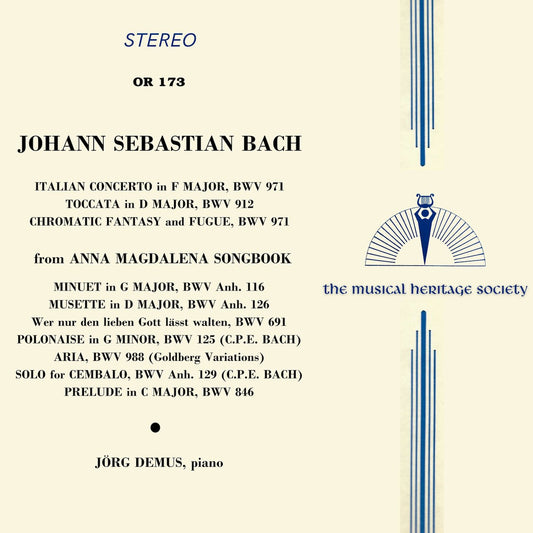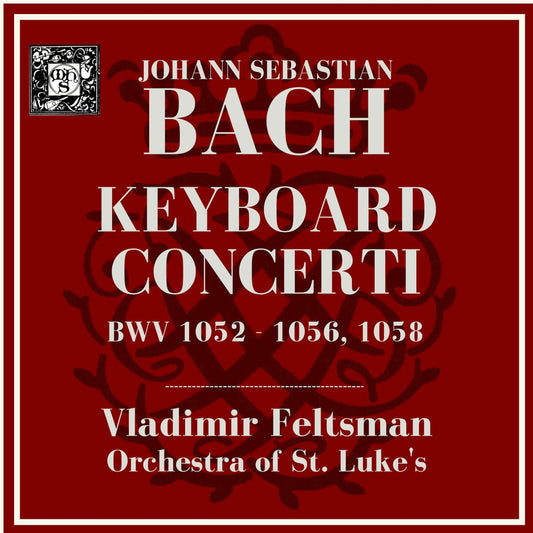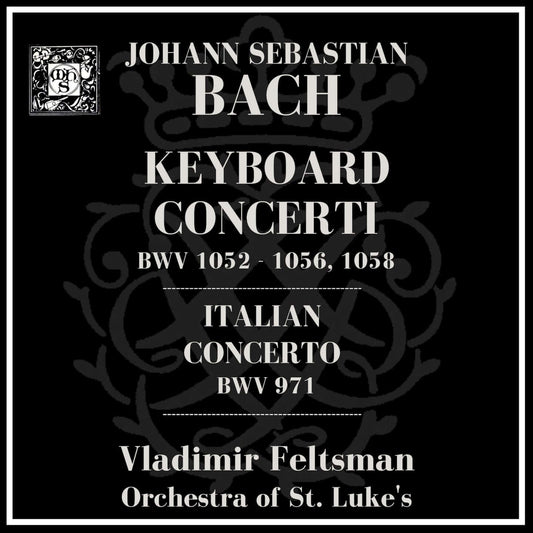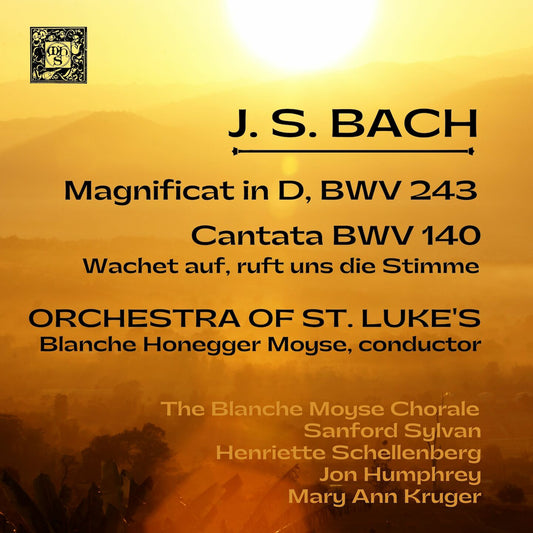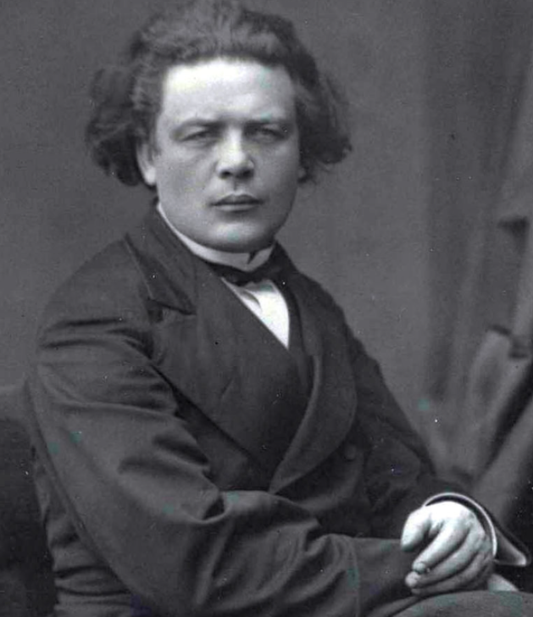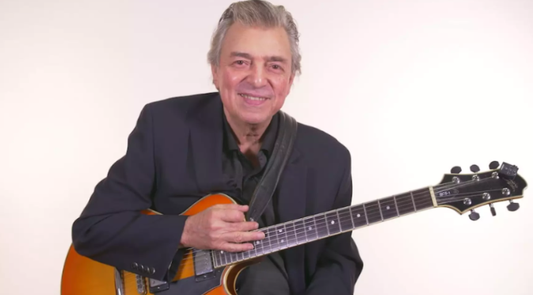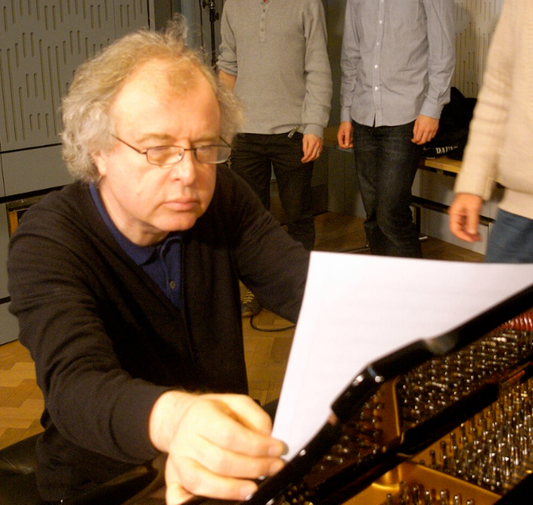Collection: JOHANN SEBASTIAN BACH (1685 – 1750)
Johann Sebastian Bach (31 March [O.S. 21 March] 1685 – 28 July 1750) stands as a colossus of Western music, the culminating figure of the Baroque era, whose profound spiritual depth, technical brilliance, and sheer creative output remain largely unparalleled. Born in Eisenach, Thuringia, Germany, Bach hailed from a dynasty of musicians stretching back generations, ensuring music was an integral part of his upbringing. Orphaned by the age of ten, he was taken in by his older brother, Johann Christoph, an organist in Ohrdruf, who continued his musical education.
Bach's early career unfolded through a series of organist positions in Arnstadt (1703) and Mühlhausen (1707). Even then, his exceptional talent and sometimes stubborn independence were evident. A famous extended leave from Arnstadt allowed him to walk over 250 miles to Lübeck to hear the renowned organist Dieterich Buxtehude, significantly influencing his own compositional style. In Mühlhausen, he married his first wife and second cousin, Maria Barbara Bach, with whom he would have seven children, including future composers Wilhelm Friedemann and Carl Philipp Emanuel.
In 1708, Bach secured a more prestigious post as court organist and chamber musician for the Duke of Weimar. This nine-year period saw a prolific outpouring of organ works, including toccatas, fugues (like the famous Toccata and Fugue in D minor, though its attribution is sometimes debated), preludes, and the beginnings of his Orgelbüchlein (Little Organ Book). He also began composing cantatas regularly and absorbed the Italian concerto style, transcribing works by Vivaldi, which profoundly shaped his approach to form and melody. His tenure ended somewhat contentiously when he accepted a position elsewhere against the Duke's wishes, leading to a brief imprisonment before his release.
From 1717 to 1723, Bach served as Kapellmeister (director of music) for the music-loving Prince Leopold of Anhalt-Köthen. As the court was Calvinist, demanding little elaborate church music, Bach focused primarily on instrumental works. This immensely fruitful period yielded masterpieces such as the six Brandenburg Concertos, the Well-Tempered Clavier (Book 1 – a groundbreaking collection of preludes and fugues in all major and minor keys), the Suites for Unaccompanied Cello, the Sonatas and Partitas for Solo Violin, and numerous orchestral suites and keyboard works. Tragically, Maria Barbara died suddenly in 1720 while Bach was away with the Prince. The following year, he married Anna Magdalena Wilcke, a young soprano, with whom he had thirteen more children (though many died in infancy), including future composers Johann Christoph Friedrich and Johann Christian.
Bach's final and longest post began in 1723 when he was appointed Thomaskantor (Cantor of St. Thomas School) and Director of Music for the principal churches in Leipzig. This demanding position required him to compose, rehearse, and perform music for weekly services, teach Latin and music to schoolboys, and oversee the city's musical life. Despite frequent clashes with the town council over resources and authority, Bach produced an astonishing volume of sacred music, including nearly 300 church cantatas (around 200 survive), the monumental St. John Passion and St. Matthew Passion, the Christmas Oratorio, the Magnificat in D major, and countless motets and chorales. He also continued composing secular and instrumental music, including the Goldberg Variations, the Well-Tempered Clavier (Book 2), and keyboard partitas.
In his later years, Bach increasingly focused on complex contrapuntal structures, culminating in works like A Musical Offering (based on a theme by Frederick the Great) and the unfinished masterpiece, The Art of Fugue. His eyesight failed dramatically, and two unsuccessful eye surgeries likely hastened his death. He died in Leipzig in 1750.
While his music was considered somewhat old-fashioned by the end of his life, a revival led by composers like Mendelssohn in the 19th century cemented his legacy. Johann Sebastian Bach is now universally revered for his unparalleled mastery of counterpoint, his synthesis of European musical styles, his profound expression of Lutheran faith, and the sheer intellectual and emotional depth of his vast output, which continues to inspire awe and devotion.

